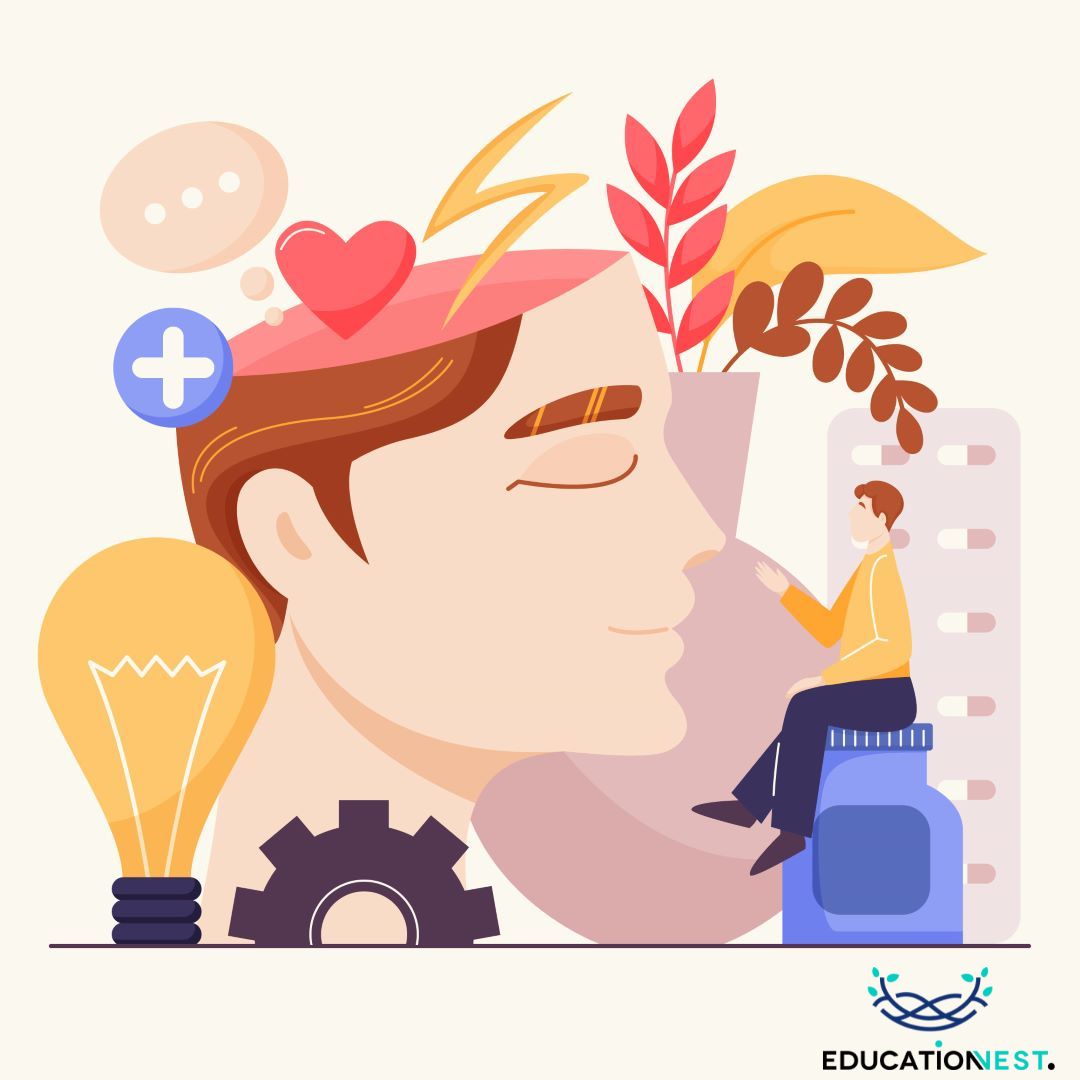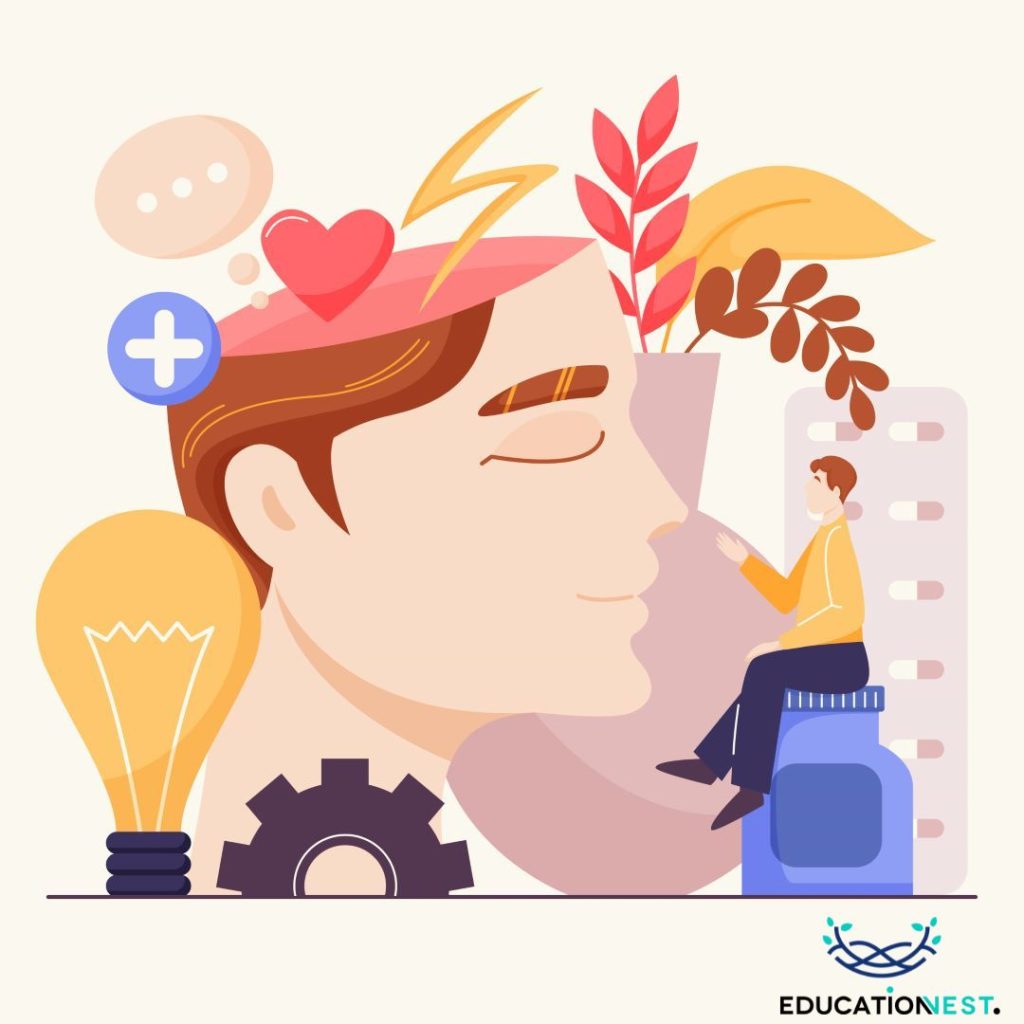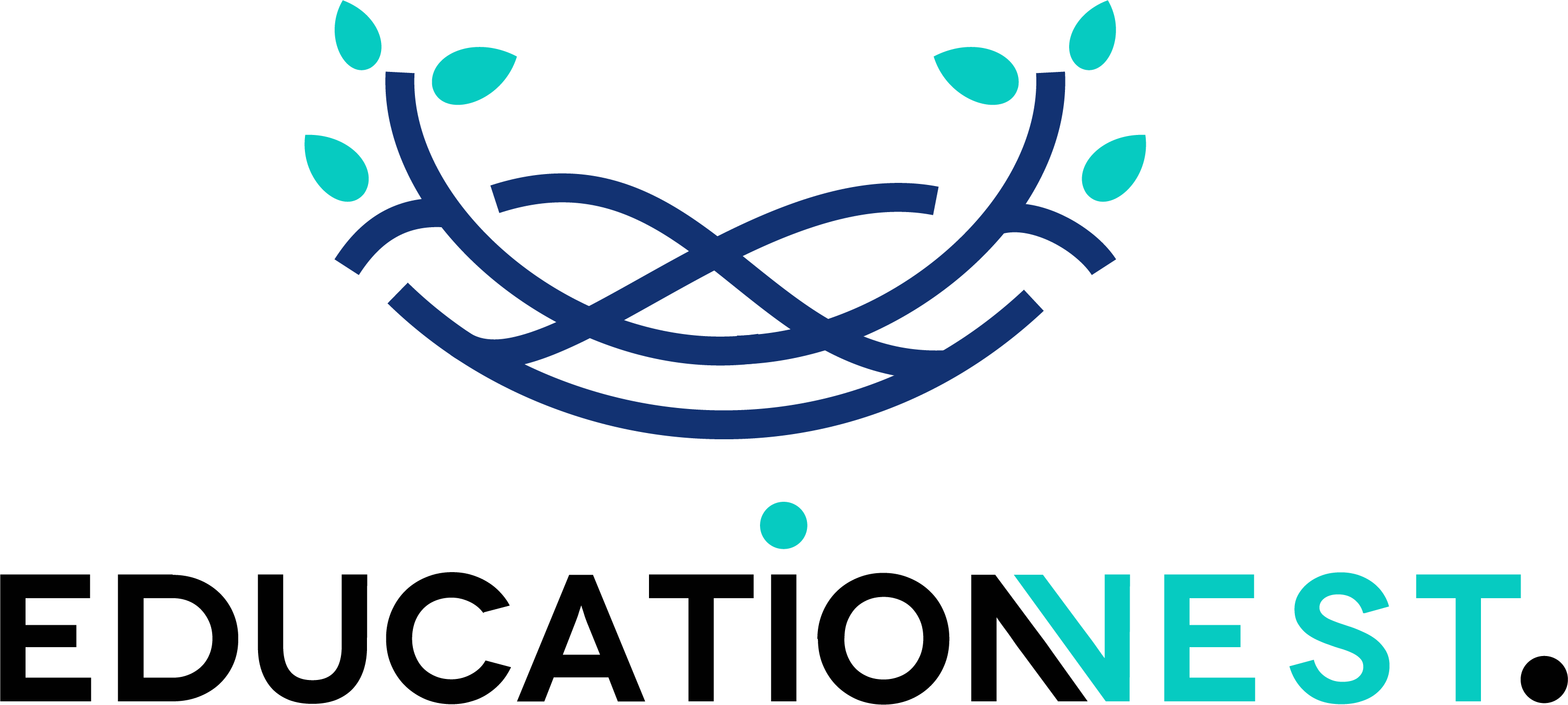
Hey there, dear readers! Welcome to a journey into the world of Emotional Intelligence, or as the cool kids call it, EI. If you’ve ever wondered why some people seem to excel at life, both personally and professionally, you’re about to discover the not-so-secret ingredient that makes it all happen. We’re going to dive into what emotional intelligence is, how to improve it, explore its essential components, provide real-life examples, sprinkle in some quotes to keep you inspired, and finally, explain why it’s a game-changer in the workplace. So, grab your emotional toolkit, and let’s begin!
What is Emotional Intelligence?
Emotional intelligence, often abbreviated as EI or EQ (Emotional Quotient), is the superhero of soft skills. It’s all about understanding and managing your emotions and those of others. Think of it as your emotional GPS, guiding you through the ups and downs of life. It’s not about suppressing emotions or being overly emotional, but finding the right balance.
Now, if you’ve ever had a moment when you handled a tough situation with grace or connected deeply with someone, you were probably using your EI. It’s the ability to recognize, understand, express, and regulate your emotions. You’re like a Jedi mastering your own feelings!
How to Improve Emotional Intelligence?

Alright, now that you know what EI is, you might wonder, “Can I boost my emotional intelligence?”
Absolutely! Here are some fun and easy ways to level up your EI:
- Self-awareness: Start by understanding your own emotions. Pay attention to what makes you happy, mad, or sad. Keep a journal if you like. This self-reflection can help you identify patterns and triggers.
- Self-regulation: Once you’re in touch with your emotions, learn to manage them. Practice the art of self-control. Take deep breaths, count to ten, or use mindfulness techniques to stay cool under pressure.
- Empathy: Put yourself in someone else’s shoes. Try to understand their perspective and feelings. It’s like being a detective of emotions. Ask questions and show genuine interest in what others are experiencing.
- Social skills: Build strong relationships by improving your communication, active listening, and conflict resolution skills. A little charisma goes a long way.
- Motivation: Find your inner drive and passion. Set goals and work towards them. A motivated person is often more emotionally intelligent because they can understand their desires and work on them.
Emotional Intelligence Components
Let’s break down the four components of emotional intelligence:
- Self-awareness: This is like looking in the mirror of your soul. It’s about recognizing your emotions and understanding their impact on your thoughts and behavior.
- Self-regulation: Think of this as your emotional thermostat. You can adjust your reactions, controlling those knee-jerk responses that can sometimes get you into hot water.
- Empathy: This is your superpower to understand and feel what others feel. It’s like stepping into their shoes, without actually having to buy a new pair.
- Social skills: Your charm is offensive. This involves your ability to connect with others, communicate effectively, and navigate the intricate dance of social interactions.
Also Read:
What is Interpersonal Communication: Meaning, Types, Elements and More
Emotional Intelligence Examples
Let’s see how emotional intelligence plays out in the real world:
- Imagine you’re at work, and a colleague criticizes your idea. Instead of getting defensive or lashing out, you take a deep breath, consider their perspective, and respond calmly. That’s self-regulation and empathy at work.
- You have a friend who’s going through a tough time. Instead of giving them unsolicited advice, you listen attentively, offer support, and empathize with their struggles. That’s empathy and social skills in action.
Emotional Intelligence Quotes
A sprinkle of wisdom for your journey:
- “The greatest ability in business is to get along with others and influence their actions.” – John Hancock
- “Emotional intelligence is a way of recognizing, understanding, and choosing how we think, feel, and act.” – Joshua Freedman
- “In every work of genius, we recognize our own rejected thoughts; they come back to us with a certain alienated majesty.” – Ralph Waldo Emerson
Emotional Intelligence in the Workplace
Now, here’s where it gets interesting. The workplace is like a laboratory for testing emotional intelligence. Employers are increasingly valuing EI because it makes a world of difference. Here’s why:
- Better teamwork: A team with high EI is like a well-choreographed dance. They communicate, resolve conflicts, and collaborate more effectively.
- Leadership: Great leaders often have high EI. They inspire and motivate their teams, manage stress, and handle difficult situations with grace.
- Customer service: EI helps professionals connect with customers on a personal level, creating stronger relationships and brand loyalty.
- Conflict resolution: EI can defuse tense situations and prevent them from escalating, saving time and energy.
Why is Emotional Intelligence Important
Now, the million-dollar question:
Why does emotional intelligence matter?
Well, here are a few reasons:
- Better relationships: EI can enhance your personal and professional relationships. You’ll communicate more effectively, resolve conflicts, and build trust.
- Career success: It’s not just about what you know but how you interact with others. EI can be a game-changer in your professional growth.
- Stress management: Life can be a rollercoaster. EI helps you handle stress and adversity with resilience.
- Health and well-being: High EI is associated with better mental and physical health. You’re less likely to burn out or suffer from chronic stress-related ailments.
- Positive impact: As you grow emotionally intelligent, you’ll inspire others to do the same, creating a ripple effect of positivity in your community and beyond.
Conclusion
In a world where success is measured by more than just IQ, emotional intelligence is your secret weapon. It’s your ability to navigate the complex maze of human emotions, both yours and others’. So, practice self-awareness, self-regulation, empathy, and social skills. Your relationships will flourish, your career will skyrocket, and your well-being will thank you. Remember, EQ is the real MVP on your journey to personal and professional success. So, embrace it, master it, and watch your life transform before your very eyes.

